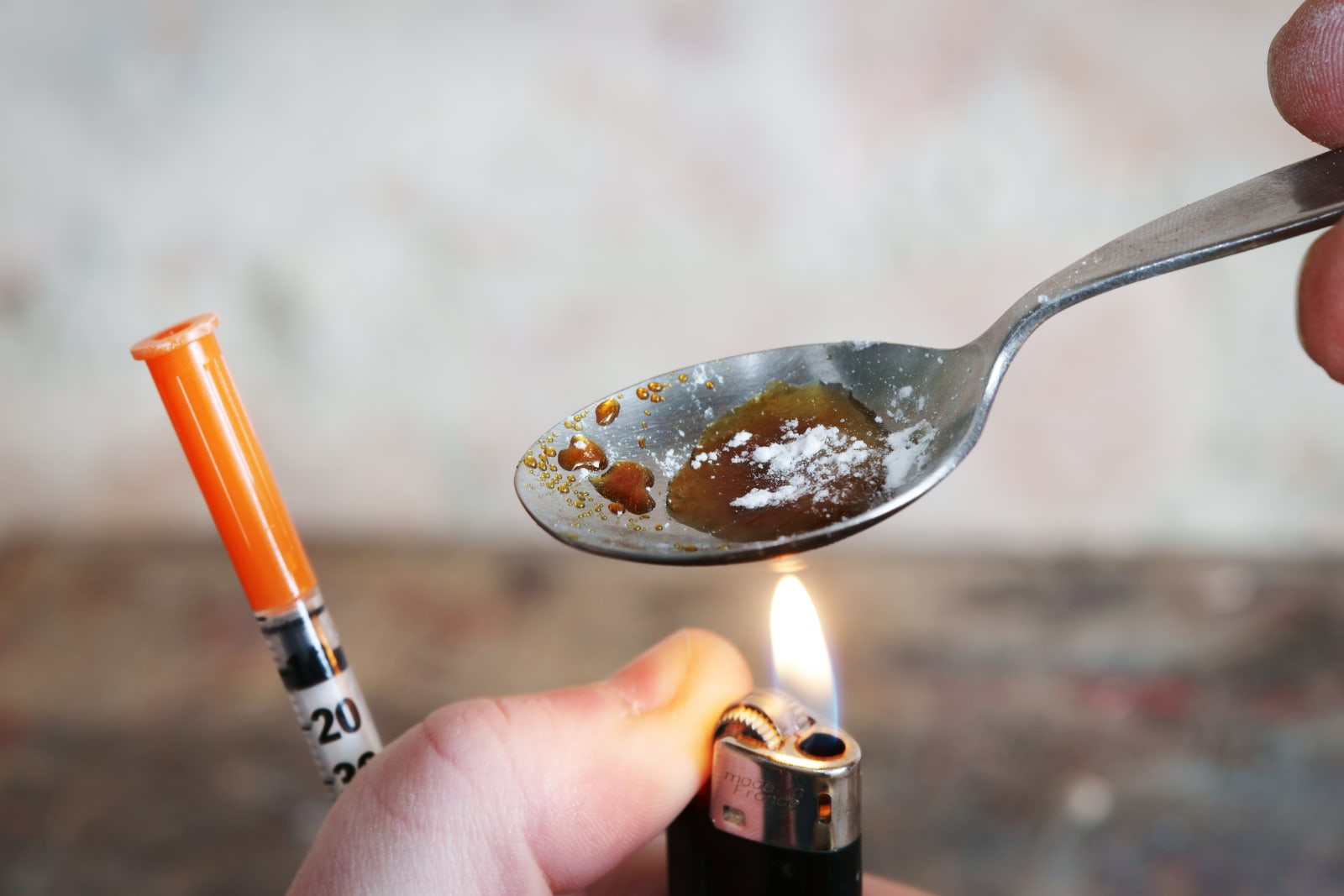https://www.engadget.com/2018/01/08/google-bans-uk-addiction-ads/
Jamie Rigg
Google’s not having the best start to the year, as it’s already been called out, yet again, for unscrupulous advertising practices. An investigation by The Sunday Times shed light on a significant money-making machine, which played out through Google ads, targeting people seeking help for substance abuse issues. Someone entering relevant search terms might see an ad for a free advice helpline. These services might subsequently provide details of formal treatment options at private clinics. A caller wasn’t to know, however, that successful referrals were netting these companies significant commission fees. As a result of the investigation, Google has now banned these types of ads from appearing in search results in the UK.
“We work to help healthcare providers – from doctors to hospitals and treatment centres – get online and connect with people who need their help. Substance abuse is a growing crisis and has led to deceptive practices by intermediaries that we need to better understand. In the US, we restricted ads entirely in this category and we have decided to extend this to the UK as we consult with local experts to update our policy and find a better way to connect those that need help with the treatment they need,” Google said in a statement.
The Department of Health has also chimed in, telling The Sunday Times: “It is disheartening that those seeking privately funded help for their addiction are potentially being exploited.”
This kind of ‘patient brokering,’ as it’s sometimes known, is outlawed in several US states. While ethically questionable, it’s perfectly legal in the UK, though Google has now decided to apply the same ad restrictions it’s done in the US since last September across the pond. Daniel Gerrard, chief of the largest UK agency Addiction Helper, said callers are offered a free service, are recommended government-funded programmes and support groups, with private clinics suggested as a “last resort.” However, speaking to undercover reporters, Gerrard also suggested a certain bias towards some treatment options. Regarding outpatient therapy, he said: “It’s minimal money on counselling, so we try not to overpromote it.”
Oliver Clark of rival agency ADT Healthcare told reporters his company also “gives impartial advice” in the “best interest” of callers. If a rehab centre were to agree to a higher commission fee, though, he said they would get preferential treatment for referrals. These agencies don’t disclose their commercial relationships with clinics unless explicitly asked, and can earn up to tens of thousands of pounds for referring just one patient to a luxury rehab centre for a month-long programme. They argue the revenue allows them to continue to provide free support to those who can’t afford private treatment.
Aside from the lack of transparency, one fear is the racket could be impacting the cost of private treatment at a time when the NHS is in disarray, and overdose-related deaths are at an all-time high (according to 2016 data). Part of the reason commission fees are so high is because agencies are (or were) paying Google significant sums to make sure their ads are seen before their competitors. Addiction Helper reportedly met with Google every quarter and paid the company roughly £350,000 each month — up to £200 per clickthrough, over £4 million per year — for the best ad slots. Furthermore, the agency operates more than 300 websites that would funnel visitors back to Addiction Helper phone lines. Showing undercover reporters the extent of this reach, Gerrard demonstrated how simple, relevant search terms would spit out results where his sites occupied five spaces on the front page. Though not anymore, you’d hope.
Comment;
This is just a natural consequence of how Google monetizes it’s services.
- COVID UPDATE: What is the truth? - 2022-11-08
- Pathologist Speaks Out About COVID Jab Effects - 2022-07-04
- A Massive Spike in Disability is Most Likely Due to a Wave of Vaccine Injuries - 2022-06-30


